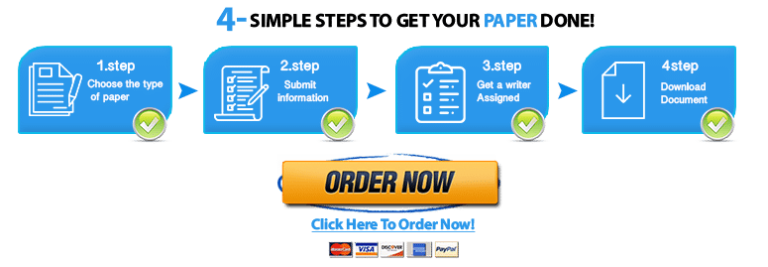Sample Questions:
- a. Why is the operation span task considered a measure of working memory as opposed to short term memory? (4 points)
b. How is the cube task (a letter moves through a cube and the participant says where it ended up) similar to the operation span task as a measure of the visuo-spatial component of working memory? (5 points) - a. What is the difference between Type I and Type II rehearsal? (3 points)
b. I presented several control processes for encoding. For each below, which is it most like, Type I or Type II rehearsal? Why? (2 points each)
—Repetition.
—Mnemonic devices.
—Visual images. - I run a memory experiment in which participants have to count the e’s in words, decide if words rhyme with other words, or decide if words represent a natural or artificial object.
a. Which one should lead to better recall? Why? (5 points) - How could I use this experiment to develop a processing account to explain why there are different “kinds” of memory? In other words, there aren’t boxes, just kinds of processes done to material at encoding. (5 points)
- I run a memory experiment in which participants have to repeat words over and over, count the e’s in words, decide if words rhyme with other words, or decide if words represent a natural or artificial object.
a. Which would lead to the best recall? Why? (3 points) - If I gave you a rhyming test, which one would produce the best performance? Why? (3 points)
c. Usually, repeating words over and over isn’t much help, but what kind of test would overturn that result? Why? (3 points) - a. What is it about non-symbolic models that makes them so appealing? (5 points) b. As a cognitive psychologist, what is it about non-symbolic models that makes me a little uncomfortable? (4 points)
- If categorization is based on extracting prototypes and how much variability is allowed around the prototype, what should happen during categorization of each of the following (e.g., categorization of this will be particularly good/poor)? Why? (3 points each)
a. An example from the training set vs. the prototype. - A new example when the training examples had little variability. c. An example from the training set vs. a never before seen example.
- a. Eenie, meenie,… suggests that there is a specific genre for counting-out rhymes. What are some of the properties of that genre? (3 points)
b. What does this suggest about memory (or, how does this modify the account of memory that we have developed up until now)? (3 points) - How do variations in eenie, meenie,… and the changes that it has undergone support the argument that poetics are especially important for things designed to be memorized? (3 points)
- Here are some imagery facts. Put them under the correct section below (“images are not pictures in the head because…” and “images are not just weaker perceptual processing because…”). Explain why you have put each one wherever you put it. (3 points each)
Fact 1: People are bad at decomposing images (seeing D inY).
Fact 2: People don’t get afterimages from mental images.
Fact 3: It’s hard to reverse a Necker cube when it’s an image. ( )
- images are not pictures in the head because…
- images are not just weaker perceptual processing because…
- Here are some ways to improve encoding. For each, why does it improve encoding (connect it to a fact about retrieval)? (3 points each)
- Rehearsal (repetition)
- Spacing
- Bizarre images
- I argued that people have a tendency to keep using a study method that has proven to be ineffective. Instead of changing, they just put more effort into an ineffective strategy.
- Why is it actually reasonable that people would behave that way? (See the discussion of Karpicke & Roediger, 2008 for a hint.) (5 points)
- Why is it unreasonable? To make this more specific, imagine that I study by reading through the material over and over again. Why doesn’t more of that help? What should I do instead? (5 points)
- I presented evidence for various divisions of memory. Considering the episodic/semantic distinction, answer the following:
- What kind of evidence supports the argument that there is a difference (that there are two kinds of memory)? (4 points)
- I say there aren’t different kinds of memory, just different kinds of processing. What kind of processing might lead to what looks like episodic memory? What kind of processing might lead to what looks like semantic memory? (5 points)
- Learning in a perceptron makes use of the delta rule:
∆w = learning rate X (overall teacher – overall output) X node output
- How does multiplying by “(overall teacher – overall output)” help us get closer to the correct answer when there’s a mistake? (4 points)
–When “(overall teacher – overall output)” = 1
–When “(overall teacher – overall output)” = -1
- How does multiplying by “(overall teacher – overall output)” work in our favor if the answer is correct? (5 points)
